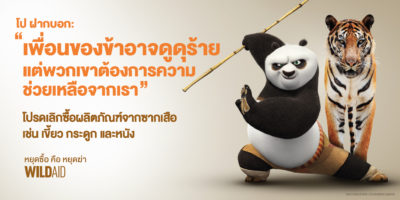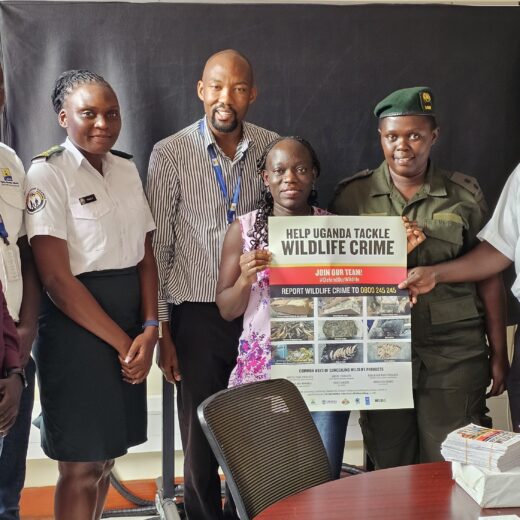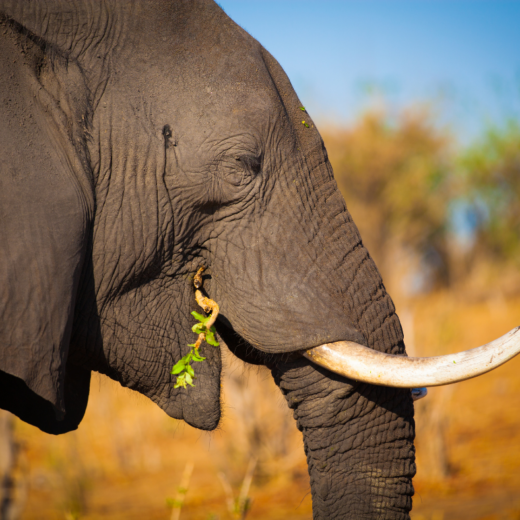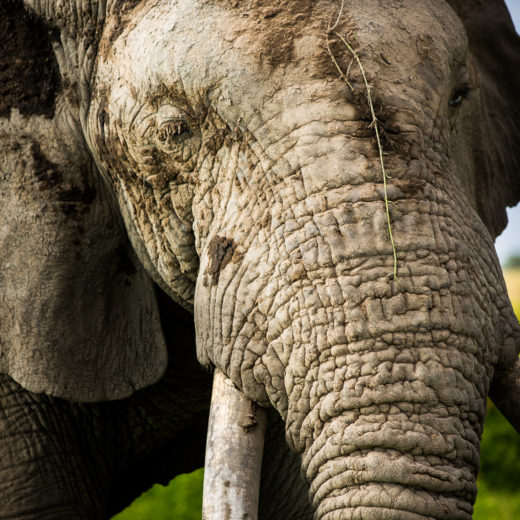
WildAid and the Zoological Park Association have partnered on a campaign featuring DreamWorks’ Kung Fu Panda’s Master Po Ping to educate children and families about the illegal wildlife trade. For a month, six zoos across Thailand accredited by the Zoological Park Association will host a series of video messages and posters at their facilities as well as on social media.
Po, the protagonist of DreamWorks’ Kung Fu Panda franchise, proclaims, “when the buying stops, the killing can too,” as he helps defend elephants who are killed for their ivory, rhinos for their horns, lions, and tigers for their bones and skins, and pangolins for their scales and meat. He helps remind us that the “big guys” still need our help.
“We’re very excited to partner with the Zoological Park Association to educate tens of thousands of youth and families about the poaching crisis,” said WildAid CEO Peter Knights. “Through this partnership, we can inspire the next generation of conservationists who can help end the illegal wildlife trade.”
Wildlife crime is a multi-billion dollar global industry primarily driven by consumer demand for products made from animal parts. According to USAID Wildlife Asia’s June 2018 study, Research on Consumer Demand for Ivory and Tiger Products in Thailand, among the general Thai population, two percent own or use ivory parts or products and one percent own or use tiger parts or products. While the proportion is low, this consumer segment significantly drives the local market. The most common ivory products purchased or owned are accessories or jewelry. For tiger, the most popular products are spiritual items and amulets.
Meanwhile, at the height of the recent poaching epidemic, up to 33,000 elephants were killed each year in Africa to supply an insatiable demand for ivory in Asia. An estimated 420,000 remain in the wild today, reduced from a population of 1.2 million in 1979. And, a century of poaching and habitat destruction have decimated the global tiger population, which has declined from 100,000 to an estimated 3,800. Tiger range has been reduced by 93%, and 3 of 9 subspecies have already gone extinct. Despite international legal protections, approximately 150 wild tigers are killed annually to satisfy the demand for illicit products.
“The Zoological Park Association accredited facilities operates with vision to be a green zoo meeting international standards, and serve as a wildlife preservation facility and a source that educates the public about the importance of wildlife to the environment,” said Benjapol Nakprasert, Director General,The Zoological Park Organisation. “By partnering with WildAid on this campaign, we hope to raise awareness with hundreds of thousands of our zoo visitors this month on the impact of illegal wildlife trade and dissuade them from purchasing illegal wildlife products.”
Special thanks to participating zoos under The Zoological Park Organization:
- Chiang Mai Zoo
- Khao Kheow Open Zoo
- Khonkaen Zoo
- Korat Zoo
- Songkhla Zoo
- Ubon Ratchathani
Stay in touch and get the latest WildAid updates.
SIGN UP


